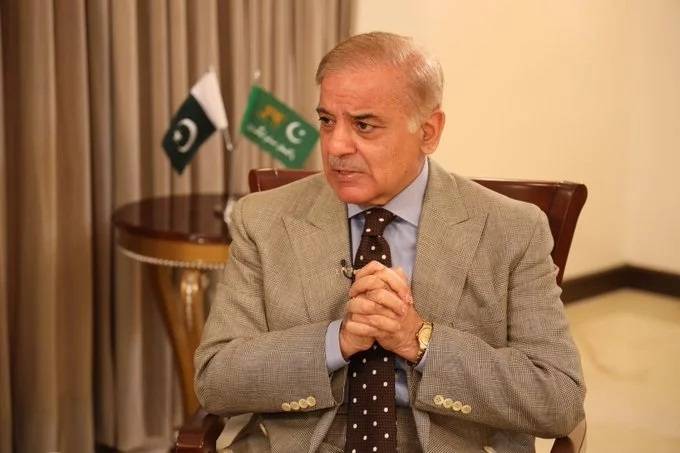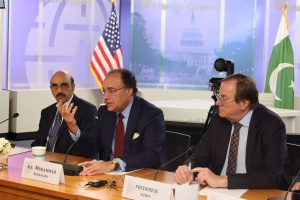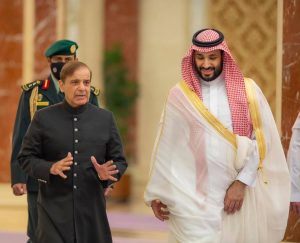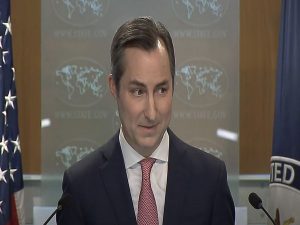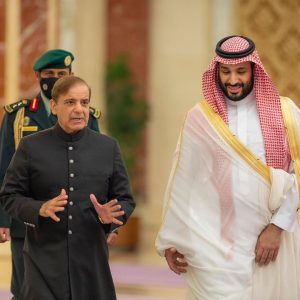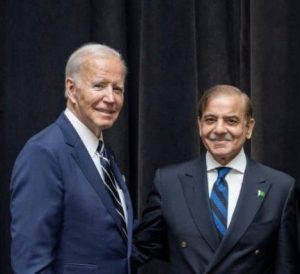Though Islamabad’s talks with IMF for a bailout package has concluded with the multilateral agency, the delay in disbursal has led to concerns…writes Mahua Venkatesh
With rapid shifts in the geopolitical order, Pakistan’s access to external financial assistance is becoming tougher this time. Pakistan’s repeated habit of seeking bailout packages is no longer being entertained in the wake of the brutal economic impact of the Covid 19 pandemic and the ongoing Russia-Ukraine conflict. The growing uncertainties have prompted nations across the globe to focus on strengthening their own macroeconomic fundamentals. Therefore, countries, including those in the West Asian region which have been Islamabad’s traditional allies and easy lenders, are no more willing to entertain Pakistan’s repeated requests for bailout packages.
The Shehbaz Sharif government has implemented most of the recommendations thrashed out by the International Monetary Fund but sources said that there could be a few still pending. Though Pakistan Finance Minister Miftah Ismail said that the IMF loan would come by August end though earlier he had expressed hope of receiving the package by June.
According to reports, Pakistan’s military chief, General Qamar Javed Bajwa has now intervened and sought US support in securing the IMF loan amid the falling foreign exchange reserves. Bajwa, last week spoke to Deputy U.S. Secretary of State Wendy Sherman on the issue.
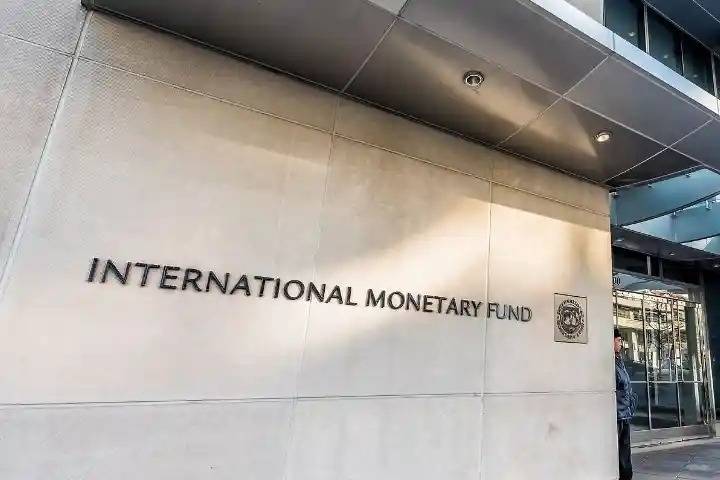
Data released by the State Bank of Pakistan (SBP) showed the reserves have fallen by $754 million between July 15 and 22. On July 22, the foreign currency reserves held by the country’s central bank stood at $ 8,575.16 million. This has led to serious concerns for the country’s policymakers.
In January, it was $16,607 million. The country has now decided to sell shares of government-owned entities to friendly countries with the view to garner resources.
Though Islamabad’s talks with IMF for a bailout package has concluded with the multilateral agency, the delay in disbursal has led to concerns.
“It is important to note which way the country’s military is tilted, what position Bajwa holds is more critical for any decision of these kinds,” Abhijnan Rej, researcher and consultant focusing on Asian security and geopolitics, told India Narrative. “The IMF too will be concerned on that account,” he said, adding that the loan from the multilateral agency however would materialise. “I suspect there are a few more bottlenecks that need to be addressed and that is why it is taking time,” Rej added.
However, he pointed out that donor countries will adopt extreme caution, given the current global uncertainties. Interestingly, until now Pakistan has taken IMF assistance more than 20 times.
Pakistan’s local newspaper Dawn said that the Arab monarchies were now interested in pursuing radical transformation of their economy, society, and foreign policy. “The monarchies now cared about return on investment from their allies, which included Pakistan. Unfortunately for them, both the economic and geopolitical returns in the recent past were in the red,” it said.
It noted that China too has now developed “a more nuanced and jaded view of Pakistan and what its elites could offer.”
(The content is being carried under an arrangement with indianarrative.com)
